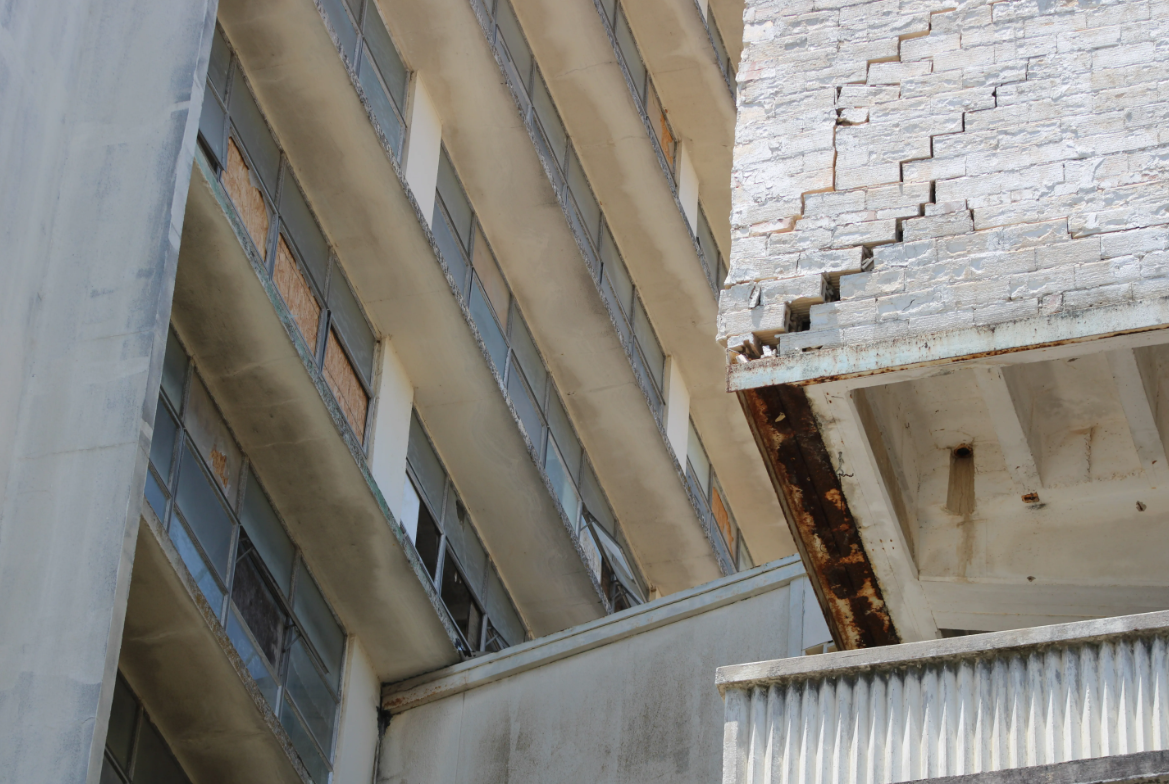“Soak the Rich” plan won’t raise revenue
Published 8:20 pm Friday, October 24, 2014
It’s a perennial topic, but rarely is it discussed so explicitly and with such detail. But the ThinkProgress website has done just that — mere days away from an election, no less — with a call to “soak the rich.”
“Everyone in America would be better off if we soaked the rich,” claims writer Bryce Covert. “A 90 percent tax rate on the top 1 percent of American earners wouldn’t just significantly reduce income and wealth inequality and boost government tax revenues. It would also be the optimal level for Americans’ welfare, according to a new paper from economists Fabian Kindermann and Dirk Krueger.”
Trending
Economics is, of course, the “dismal science,” in the words of Thomas Carlyle. That’s mostly because it’s not a science at all, in the sense of physics or chemistry, or even mathematics. So a rocket scientist might legitimately argue for an “optimal” mix of fuel to propel a missile, or a physician might prescribe an “optimal” dose of medicine to cure a patient.
But no economist can write out a similar prescription for “Americans’ welfare,” as Kindermann and Krueger purport to do. Even the words, “Americans’ welfare,” are purposefully vague and unscientific.
Here’s what we do know about “soak the rich” schemes: They don’t work. They’ve never worked. As the Cato Institute’s Daniel J. Mitchell wrote in 2012, hiking taxes on the rich is like playing “whack-a-mole.”
“So long as tax rates are high, rich people will figure out ways to protect their income,” Mitchell writes. “It doesn’t take a tax genius; any rich person can make a phone call or hit a few computer keys and shift his or her investments to tax-free municipal bonds. It’s not good for the economy when capital gets diverted to help finance the excess spending of Detroit or California, but it’s an effective way of stiff-arming the IRS.”
There are plenty of loopholes in the tax code that the wealthy can use to shift their money. The point is that higher taxes don’t always mean higher revenues.
“This isn’t some sort of modern-day revelation,” Mitchell explains. “Andrew Mellon, a Treasury secretary during the 1920s, noted that ‘the history of taxation shows that taxes which are inherently excessive are not paid. The high rates inevitably put pressure upon the taxpayer to withdraw his capital from productive business.'”
Trending
There’s something more going on here than just the Laffer Curve. There’s the principle that if you tax something, you get less of it. If you tax income and investment, then you get less income and investment.
And there’s another economic principle to consider. When people don’t enjoy the benefits of their work and savings, they don’t bother to work and save.
Kindermann and Krueger acknowledge this.
“One could certainly reduce inequality in the economy to zero, by the government confiscating all income and wealth and redistributing it equally among all households,” Krueger wrote to ThinkProgress in an email. “Of course people would stop working and saving and the outcome would be disastrous.”
Like other “soak the rich” schemes, this one is destined to fail.








